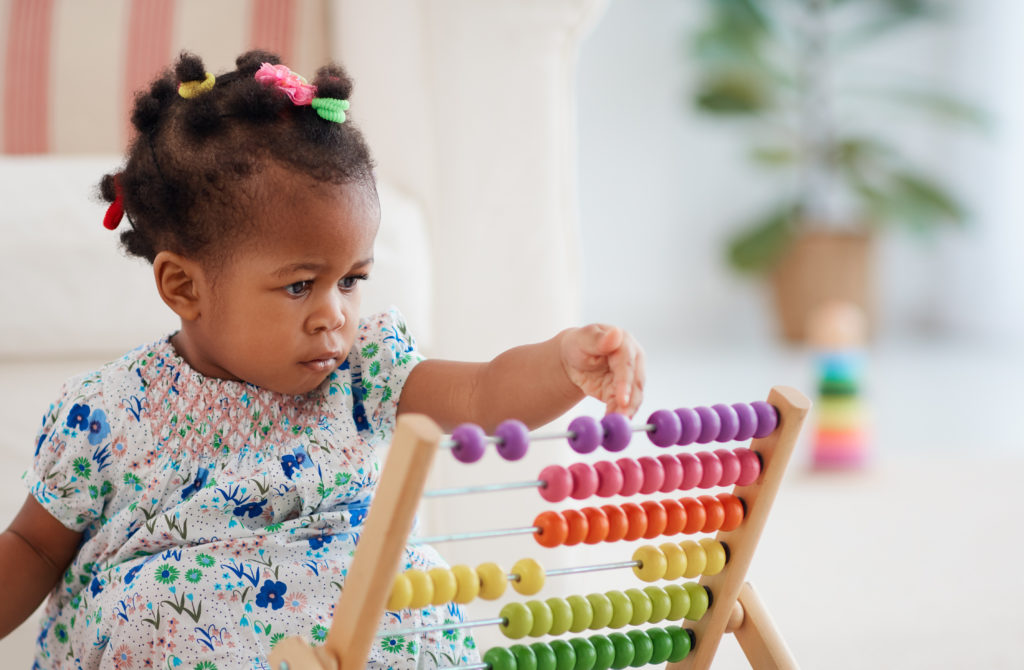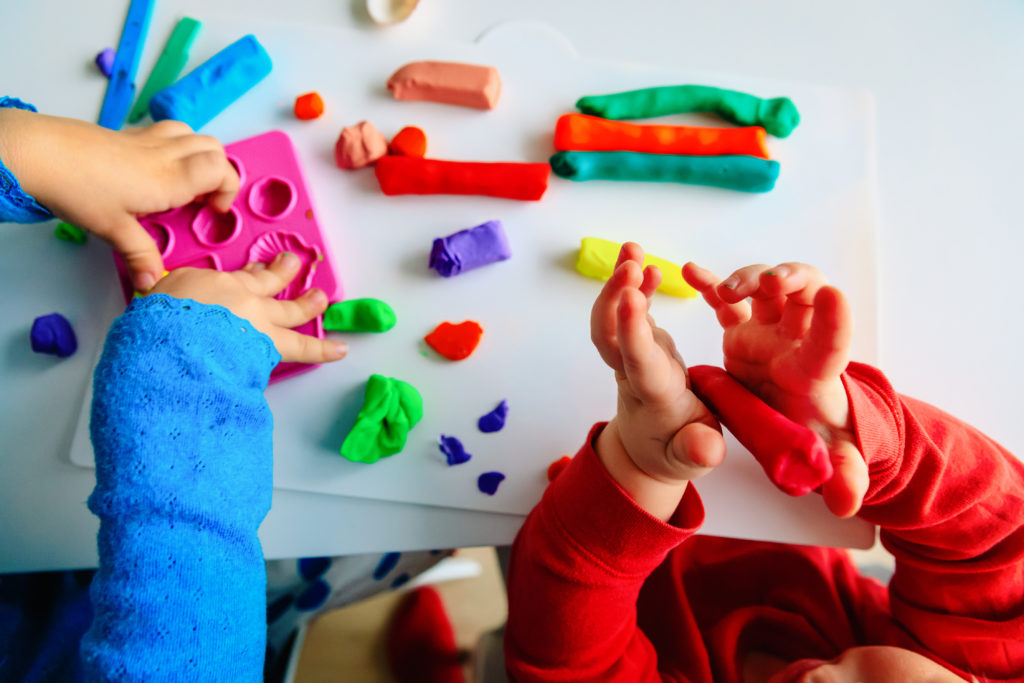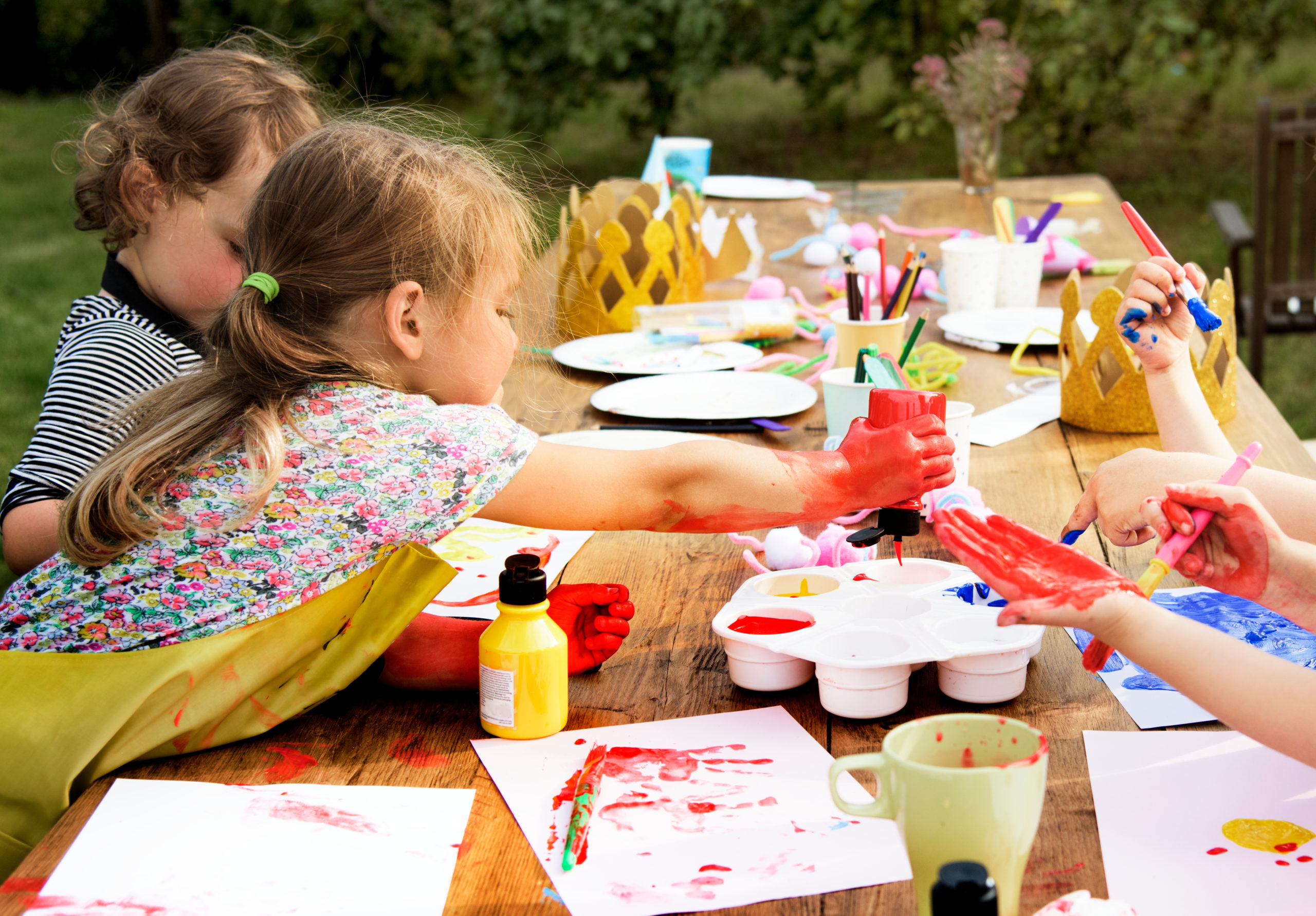The Importance of Play for Child Development
On 15th January the Department for Education, in partnership with the Department of Health and Social Care, launched ‘Better Health Start for Life’ to educate parents and carers about brain development in the first 5 years of a child’s life. Today we are exploring how play is fundamental to that development.
Play is a fundamental aspect of childhood that significantly contributes to brain development. It is not just a way to pass time; it’s a critical part of a child’s growth and learning. Through play, children develop cognitive, physical, social, and emotional skills that form the foundation for their future.
Importance of Play in Childhood Brain Development and Some Easy Ideas for you and Your Child
Cognitive Development: Play stimulates a child’s imagination and creativity, enhancing their problem-solving abilities and cognitive flexibility. It allows children to explore the world around them, ask questions, and make connections, which is essential for brain development.

Physical Development: Active play helps in the development of motor skills. Running, jumping, and climbing improve gross motor skills, while drawing, writing, and crafting enhance fine motor skills. This physical engagement is crucial for brain development and the coordination between the brain and the body.
Emotional Development: Through play, children learn to express and manage their emotions. Role-playing and storytelling allow them to understand different perspectives and empathize with others, fostering emotional intelligence.
Social Skills: Play is a social activity that teaches children how to cooperate, negotiate, resolve conflicts, and share. These interactions are critical for developing strong social skills and understanding social norms.
Language Skills: Conversations that occur during play help in the development of language and communication skills. Children learn new words, how to structure sentences, and how to use language effectively to express their thoughts and feelings.
Creativity and Imagination: Play encourages children to use their creativity and imagination, which promotes artistic expression and innovative thinking. This kind of creative play stimulates neural connections in the brain, supporting cognitive development.

Easy Ideas for Parents
- Outdoor Exploration: Encourage your child to play outside. Activities like mud play, sand and water, nature walks, treasure hunts, and playground time not only provide physical exercise but also stimulate curiosity about the natural world.
- Creative Arts: Provide materials for drawing, painting, sticking and moulding. These activities encourage self-expression and fine motor skill development.
- Pretend Play: Engage in role-playing games with your child. This could involve dressing up, playing house, or acting out stories. Pretend play fosters imagination, emotional development, and language skills.
- Building and Construction: Offer building blocks, cardboard boxes or other construction toys. These activities enhance spatial awareness, problem-solving skills, and creativity.
- Board Games and Puzzles: Playing board games and puzzles with your child can improve their cognitive skills such as problem-solving, memory, and critical thinking.
- Music and Dance: Introduce your child to music and dance. These activities are not only fun but repetitive songs help with language, music and dance improves coordination, and emotional expression.
- Reading Together: Regularly read to and with your child. This shared activity promotes language development, comprehension, and a love for literature.
- Interactive Play: Engage in interactive games that require turn-taking, following rules, and using strategy. This type of play enhances social skills, attention, and executive function.
Play offers a rich learning environment that nurtures various developmental domains. By incorporating these simple play ideas into your child’s routine, parents can significantly contribute to their child’s growth and development, laying a strong foundation for their future learning and success.
Find out more about Start For Life with more ideas and information.
If you would like a feature to boost your business get in touch. Join our mailing list below to get all of our weekly articles in one simple email.






